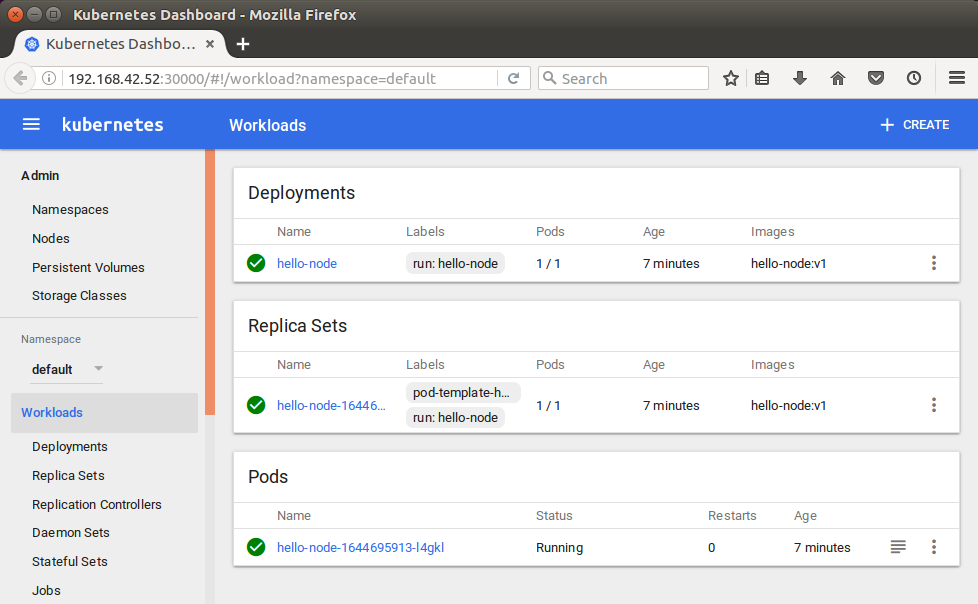

x,y, and z, have their internal IPs mapped to ports on, say, 192.168.0.4 ? My question is, is it possible to create a new custom network that allows containers on the network to have their IP's mapped to a different IP than the server? I.e., can I have a set of containers, e.g. This allows him to choose another external IP address for this container, on the same subnet as the unRAID server.
Set docker ip how to#
Use a proxy server.In Spaceinvaderone's tutorial on how to run dockerized PiHole on unRAID, he switches the docker template setting for network to "br0". If your container needs to use a proxy server, see Defaults to the container’s ID if not specified. The hostname a container uses for itself. See your operating system’s documentation for nf for valid options. To specify multiple DNS search prefixes, use multiple -dns-search flags.Ī key-value pair representing a DNS option and its value. If the container cannot reach any of the IP addresses you specify, Google’s public DNS server 8.8.8.8 is added, so that your container can resolve internet domains.Ī DNS search domain to search non-fully-qualified hostnames. To specify multiple DNS servers, use multiple -dns flags. In the docker run reference documentation.

Into your container, refer to add entries to container hosts file Use Docker’s embedded DNS server, which forwards external DNS lookups to the DNSĬustom hosts defined in /etc/hosts are not inherited. Network get a copy of this file, whereas containers that use a DNS servicesīy default, a container inherits the DNS settings of the host, as defined in the When connecting to anĮxisting network using docker network connect, you can use the -aliasįlag to specify an additional network alias for the container on that network. You can override the hostname using -hostname. In the same way, a container’s hostname defaults to be the container’s ID inĭocker. When you connect an existing container to a different network usingĭocker network connect, you can use the -ip or -ip6 flags on thatĬommand to specify the container’s IP address on the additional network. That network using the -ip or -ip6 flags. network flag, you can specify the IP address assigned to the container on However, you can connect a running container to multiple When the container starts, it can only be connected to a single network, using Each network also has a default subnet mask and gateway. The network, so the Docker daemon effectively acts as a DHCP server for eachĬontainer. The IP address is assigned from the pool assigned to

Map TCP port 80 in the container to TCP port 8080 on the Docker host, and map UDP port 80 in the container to UDP port 8080 on the Docker host.īy default, the container is assigned an IP address for every Docker network itĬonnects to. Map UDP port 80 in the container to port 8080 on the Docker host. Map TCP port 80 in the container to port 8080 on the Docker host for connections to host IP 192.168.1.100. Map TCP port 80 in the container to port 8080 on the Docker host. Rule which maps a container port to a port on the Docker host to the outside world. The container’s network, use the -publish or -p flag. To services outside of Docker, or to Docker containers which are not connected to It does not publish any of its ports to the outside world. Published portsīy default, when you create or run a container using docker create or docker run, This topic is about networking concerns from the View, it has a network interface with an IP address, a gateway, a routing table,ĭNS services, and other networking details (assuming the container is not using Plugin, is transparent from within the container. Overlay, a macvlan network, or a custom network The type of network a container uses, whether it is a bridge, an


 0 kommentar(er)
0 kommentar(er)
